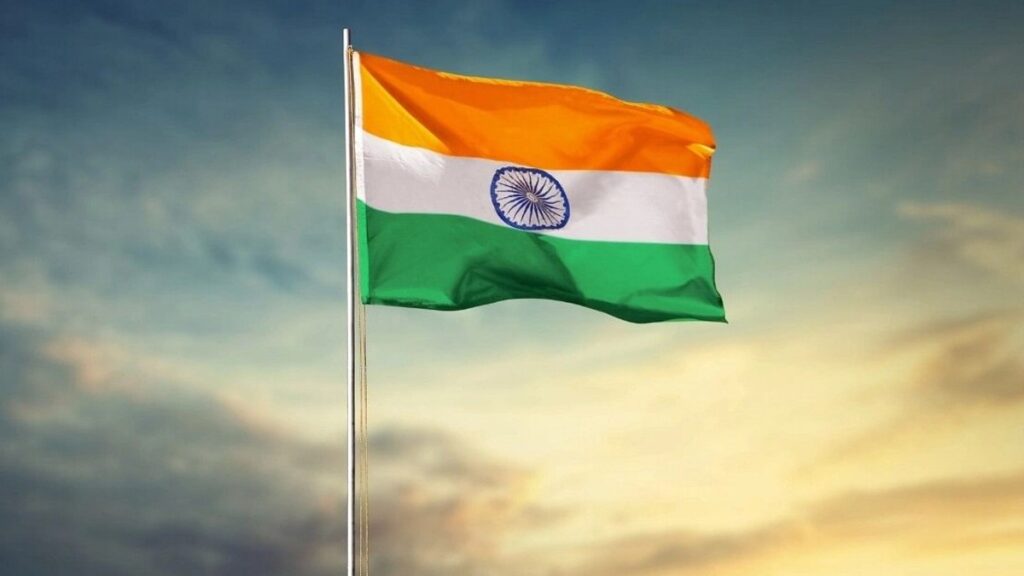Decentralized internet service company Wifi Dabba recently revealed intentions to disperse more than 100,000 devices throughout India to increase internet connectivity.

These devices, hosted on the Solana blockchain, are part of the DePIN project, which aims to connect the unconnected by the end of the year. In India, a nation of over 1.4 billion people, just 30 million people have access to WiFi, and a sizable chunk of the populace needs to be online.
The company has adopted a decentralized strategy in order to counter the restricted reach of India’s big telecom corporations, which mostly service metropolitan areas,
The CEO of Wifi Dabba, Karam Lakshman, chastised the glacial pace of the present connection initiatives. He thinks it might take decades to achieve national attention.
In order to maintain India’s standing as the second-largest cryptocurrency holder and the fifth-largest global economy, he emphasized the significance of having ubiquitous internet access.
Lakshman promoted the use of blockchain technology in a statement to offer dependable internet connectivity, with outside suppliers handling device maintenance.
In his opinion, the DePIN model offers underdeveloped countries a scalable way to increase internet connectivity. The initiative will use India as a testing ground for international applications.
Wifi Dabba intends to engage with local cable operators (LCOs) in India to expand their network and make use of their community-based reach. Arul Murugan, Managing Partner at Borderless Capital, one of the project’s primary investors, stated that the partnership aims to promote growth and market leadership in decentralized wireless and WiFi networks.
Hotspot owners are urged to buy the router hardware from Wifi Dabba and collaborate with nearby cable carriers on rollout in order to participate. The company will also incentivize data usage with Dabba tokens.
To deploy these devices, the campaign will mainly target locations with a high demand for paid WiFi connectivity. Dawn Philip, head of communications at Wifi Dabba, believes that DePIN usage would “significantly surge” in 2024, particularly in underdeveloped countries.
In line with Lakhsman’s observations, he emphasized the potential in areas where infrastructure development is much required. The new development is in line with India’s increasing adoption of blockchain technology in a number of industries.
The blockchain platform Aptos Labs and the Indian eSports startup STAN established cooperation in February 2024. STAN wants to develop a platform for e-sports fans on top of the Aptos blockchain.
On the portal, Indian gamers can communicate with their favorite authors. Non-fungible tokens, or NFTs, are being introduced as tickets by the Indian Railway Catering and Tourism Corporation (IRCTC). These restricted NFTs will be available to Tejas Express train passengers (numbers 82501 and 82502) between March 20 and April 2.
